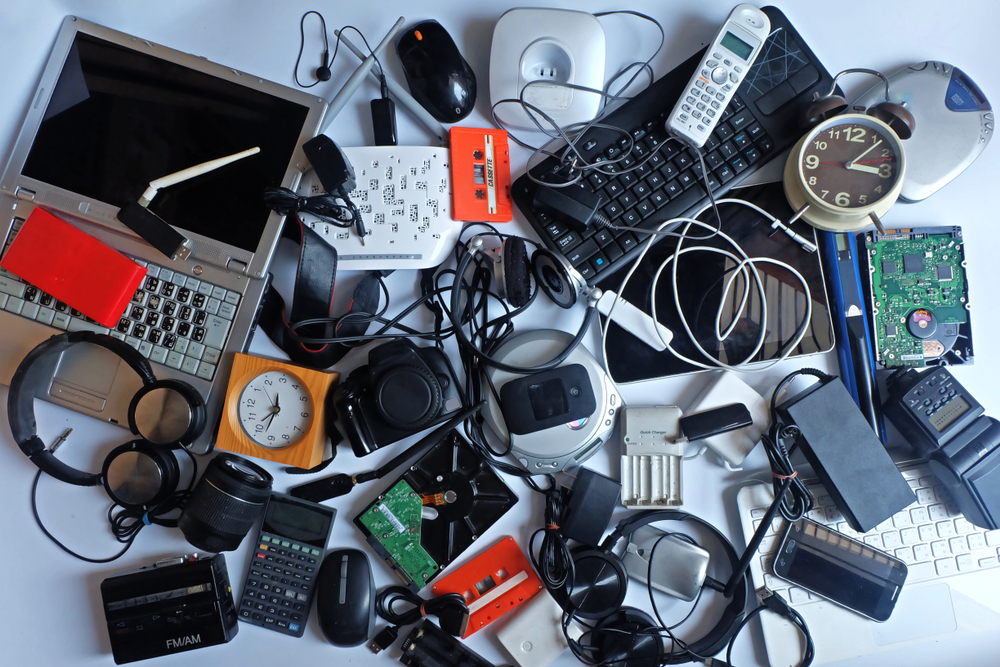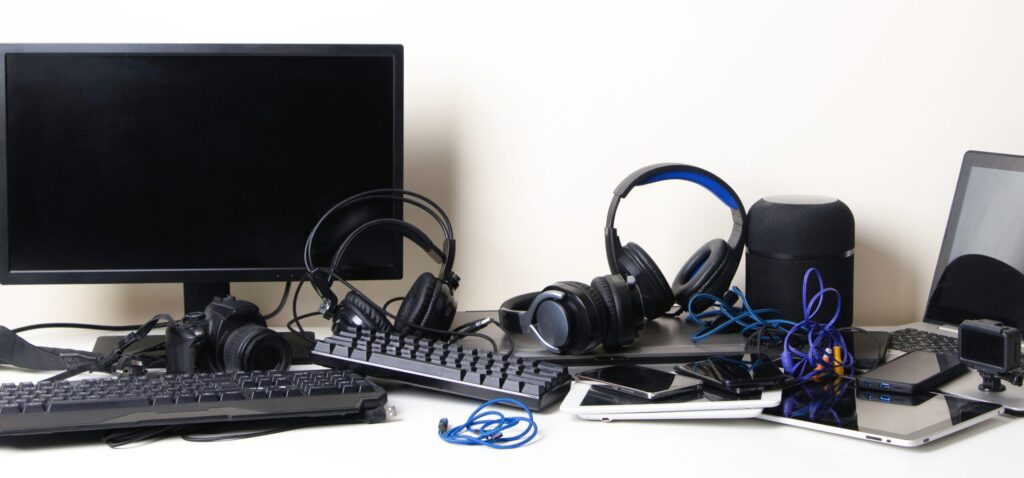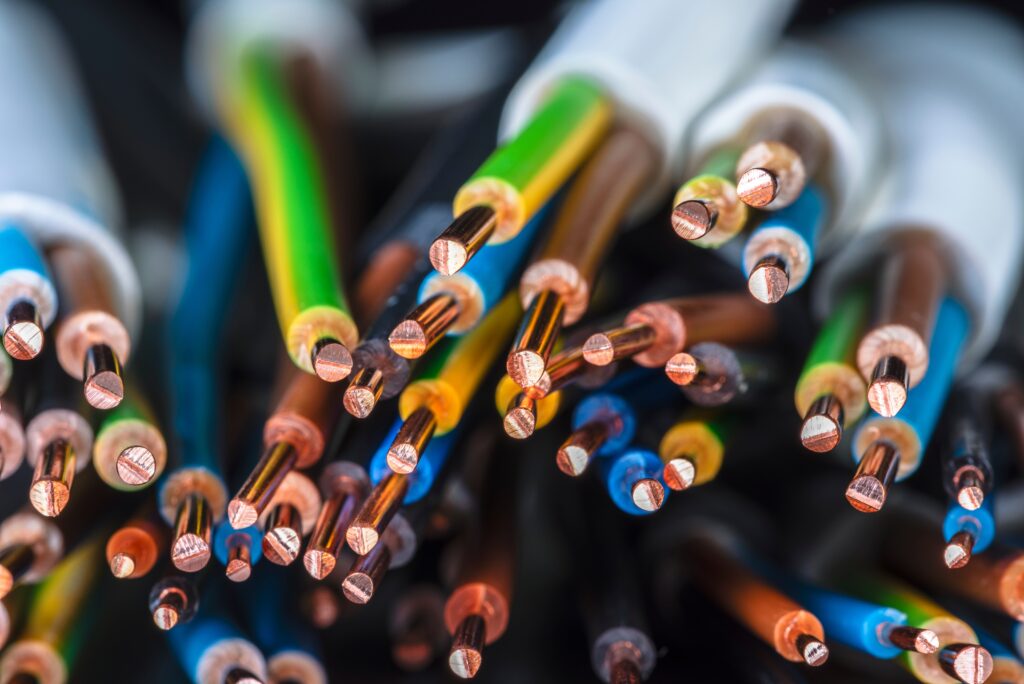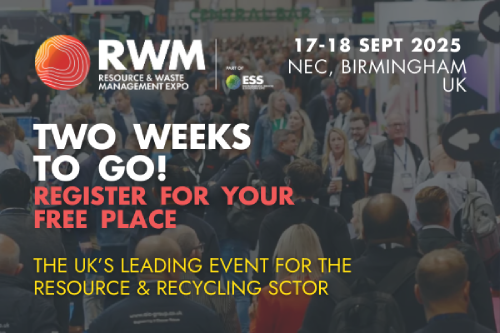The previous EAC began an inquiry into the topic in June 2019. It received 51 submissions of written evidence and planned a programme of oral evidence hearings, but parliament was dissolved for the general election before the first hearing could be held.

Chairman of the EAC Philip Dunne MP said: “From being woken by electronic alarm clocks and putting the kettle on, to working on laptops and messaging on our mobile phones, we are constantly using electric devices.
“The desire to upgrade our devices continuously, coupled with the poor design of some products, is creating a growing mountain of electronic waste.
“Many gadgets are wrongly discarded in household bins destined for the dump or incineration rather than recycling. If the UK is to maintain its position as a world-leader in protecting the environment, we have to manage our e-waste better and make the transition to a more efficient circular economy.
“This new inquiry will consider what consumers and industry can do to minimise e-waste and increase how much of it we resell or recycle.”
Evidence
The EAC has already collected some evidence on the topic but welcomes further written evidence, on implementing a circular economy for electronic goods and on the UK’s electronic waste sector in general.
Submissions can be made using the Electronic Waste and the Circular Economy inquiry page here and must be made before 30 April.
Targets
Electronic waste in the UK is managed under the EU’s WEEE Directive and The Waste Electrical and Electronic Equipment Regulations 2013.
A collective producer responsibility scheme is in place, meaning producers have a financial responsibility for the end-of-life of their goods, calculated by market share, but do not have to reprocess them.

Collections are carried out via household waste recycling centres and take back schemes run by retailers or local authorities.
Figures published by the Environment Agency on 1 March suggested collection targets for WEEE had been missed for a third year in a row in 2019 (see letsrecycle.com story). Compliance schemes collected a total of 494,976 tonnes of WEEE in 2019, 90% of the target of 550,577 tonnes.
And, a week later, Defra proposed to slash its target for the collection of WEEE for 2020 by around 12,000 tonnes, bringing it down to 537,976 tonnes (see letsrecycle.com story).
Committee
Conservative MP for Ludlow Philip Dunne was elected chair of the EAC on 29 January, replacing former Labour MP Mary Creagh (see letsrecycle.com story).
Inquiries
The launch of the inquiry comes on the same day as the EAC announces it has opened a call for evidence to hear directly from stakeholders on its future programme of work, offering experts across the environmental sector the opportunity to shape the remit of inquiries.
The move follows the Liaison Committee’s recommendations in the 2017 parliament for committees to engage their stakeholders as they identify new areas of work to scrutinise.
Several topics have been identified by the EAC as to what it may focus on during the first year of parliament. These include the energy efficiency of existing homes; nature-based solutions to climate change; local authorities and net zero; a follow up on progress since 2018 Green Finance inquiry; community energy; biodiversity and ecosystem services; sustainability of crop management; and carbon labelling.









Subscribe for free